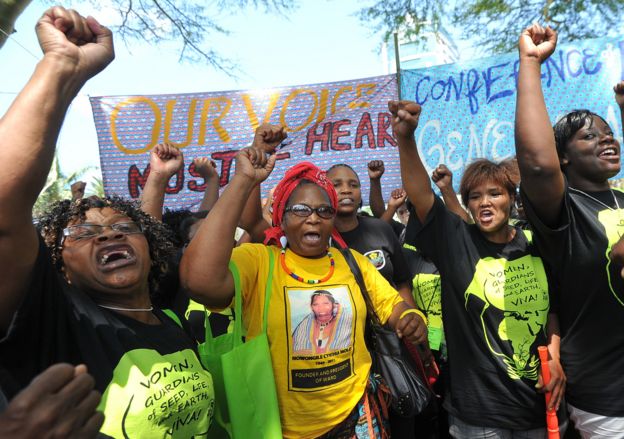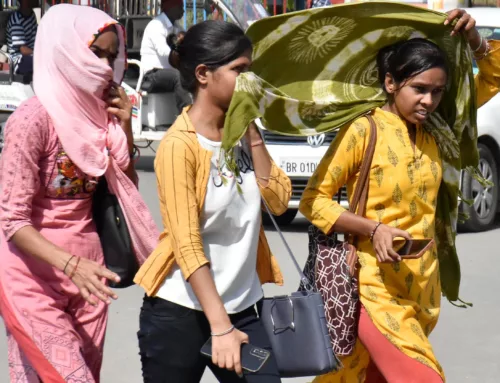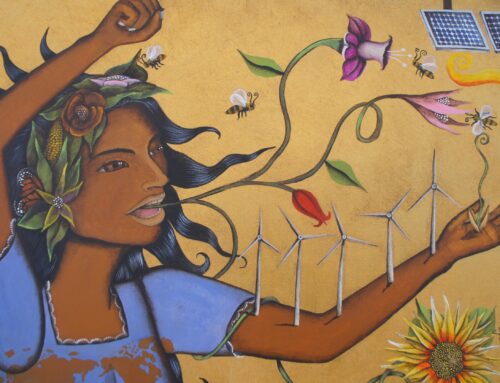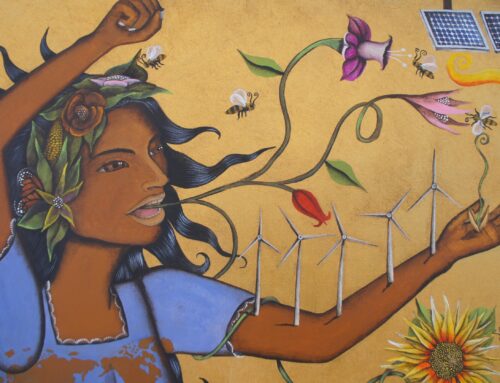This article demonstrates the overarching ways women are more affected by climate change than men. For example, after Hurricane Katrina black women were the most affected by flooding in Louisiana. Women are reliant on interdependent community networks for their everyday survival and resources. Displacement erodes these networks and increases the changes of violence and sexual assault against women. According to UN Data, 80 percent of people displaced due to climate change are women. Despite this women are seldom at the decision making table, says Diana Liverman, an environmental scientist at the University of Arizona. As an author for the Intergovernmental Panel on Climate Change (IPCC) she is internally paving the way for women to participate in major decisions. Photo Credit: Getty Images






